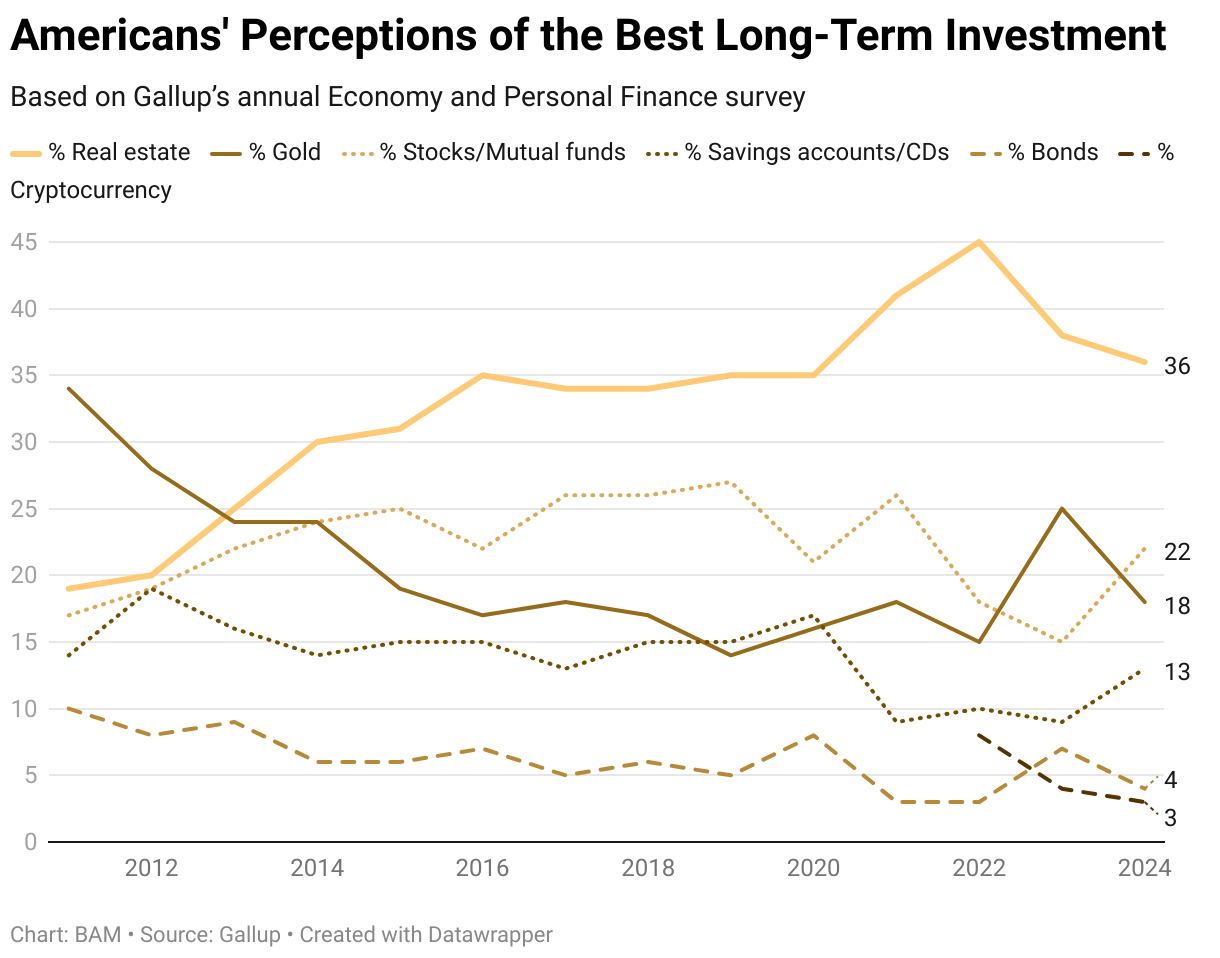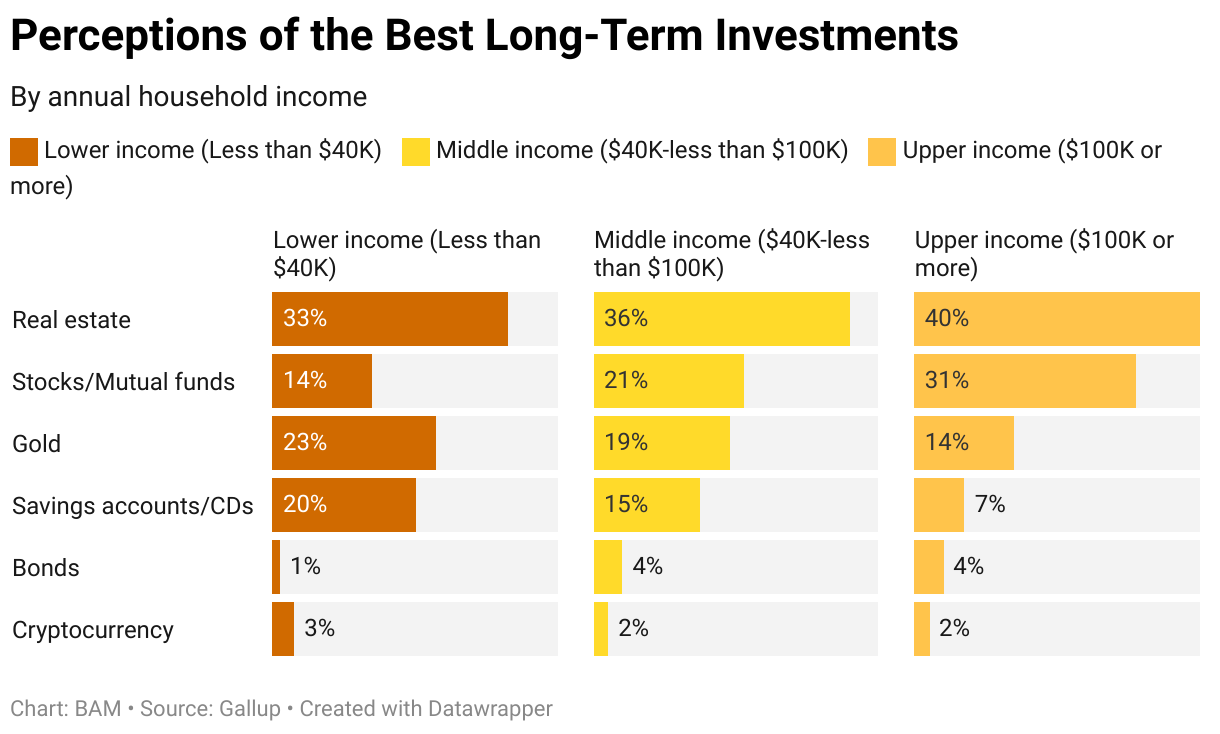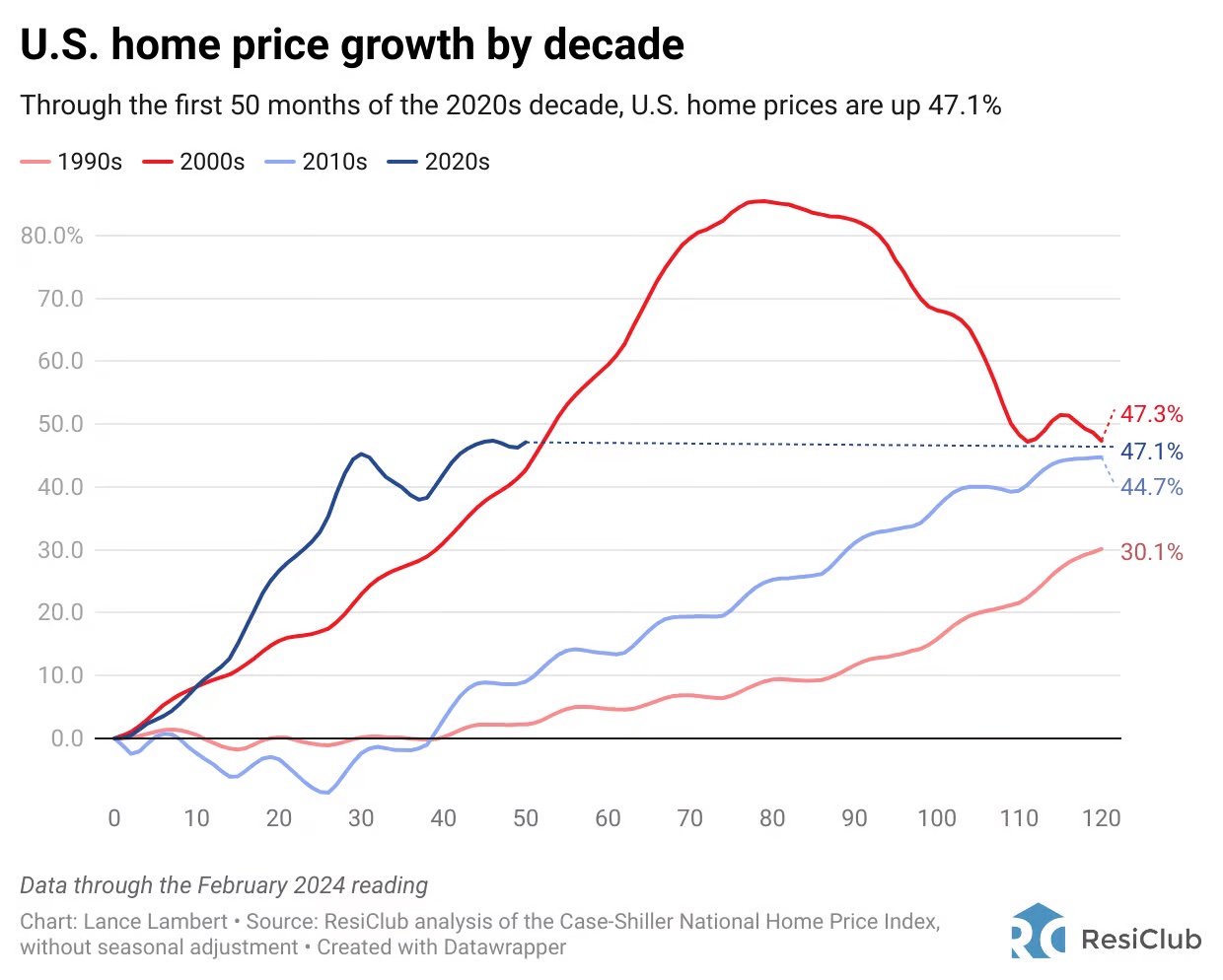Selling a home is considered more stressful than planning a wedding.
Yes, you read that right! According to a recent study by Opendoor, selling a home is 35% more stressful than planning to exchange vows. And for many homeowners aged 55 and over, selling a home is often intertwined with major life transitions, adding another layer of emotional complexity.
This statistic might surprise some, but it highlights the significant emotional and logistical hurdles involved in selling a property. Whether you’re downsizing, relocating, or simply embarking on a new chapter, understanding the potential stressors and planning effectively can make a world of difference.
Why is Selling a Home So Stressful?
Among 55+ Americans, selling a home (65%) ties with starting a new job (65%) as the most stressful life events. These events are considered more stressful than buying a home (62%) and planning a wedding (48%).
Women in this age group find home real estate transactions significantly more stressful than men, with 72% of women citing selling a home as the most stressful event compared to 57% of men.
Here are just a few of the reasons selling a home can be overwhelming:
Emotional Attachment
Homes are more than just structures; they hold memories and sentimental value. Of those surveyed, 66% feel attached to their homes, and 56% have lived in their homes for 15 years or more. This makes leaving a home a bittersweet mix of emotions, making the selling process emotionally taxing.
Uncertainty and Financial Pressure
Selling a home involves many uncertainties, such as finding a buyer, negotiating prices, and dealing with market fluctuations. The financial stakes are high, and the pressure to get the best deal can add to the stress.
Coordination of Logistics
From staging and showing the home to handling paperwork and moving logistics, the process requires meticulous planning and coordination. This can be overwhelming, especially for those who are also juggling other life responsibilities.
Tips for Managing Home Selling Stress
Understand Your Selling Options
Knowing your options and planning ahead can significantly reduce the stress of selling a home. Partnering with a real estate professional allows them to handle marketing, negotiations, and paperwork—not to mention an average of $34,000 more in profit, according to a recent study. Profits Blog Post
Another option is iBuyers, which is when companies buy homes directly. These often offer a fast and convenient sale, though offers are typically lower than a traditional sale. Selling yourself (FSBO) requires a significant effort in marketing, negotiations, and legal aspects. This can save on agent commissions, but typically results in a lower sale price.
Set Realistic Expectations
Understanding the current market conditions and setting realistic expectations can prevent disappointments. Today’s market is not like the one in 2021-2022! If working with a professional, discuss your goals with your real estate agent and be prepared to make changes based on what’s happening locally.
Simplify the Process
Consider decluttering and staging your home early in the process. A well-presented home can attract buyers more quickly, reducing the time your home is on the market. Additionally, having all necessary documents organized and ready can expedite the closing process.
Final Thoughts
Selling a home is undoubtedly an emotional experience. However, understanding the factors that contribute to this stress and implementing strategies to manage it makes the process more manageable. By planning ahead and setting realistic expectations you can navigate the home selling journey with greater ease and confidence.


 Facebook
Facebook
 X
X
 Pinterest
Pinterest
 Copy Link
Copy Link






